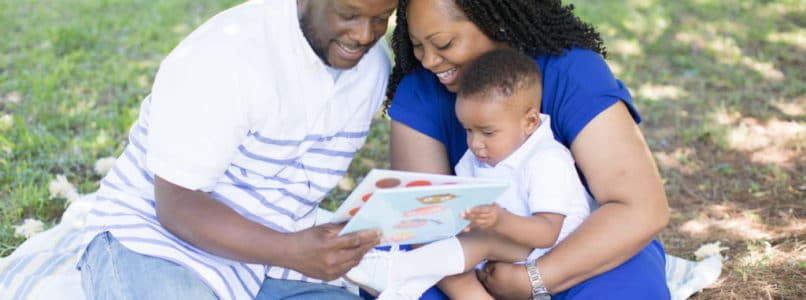ALPHARETTA, Ga.—Every year, thousands of volunteers with Southern Baptist Disaster Relief (SBDR) bring tangible help and spiritual hope during the trying days that follow disaster. This Sunday, August 22, Southern Baptists will celebrate them by recognizing Disaster Relief Appreciation Sunday.
Most people rightfully think of the legions of yellow shirts that travel from across the nation to respond to the devastation wrought by major hurricanes or tornadoes, but SBDR routinely respond to a great diversity of events that do not make national headlines.
“I continue to believe the Southern Baptist Disaster Relief is one of the best volunteer disaster response groups in the world,” said Coy Webb, who recently joined Send Relief as crisis response director after leading SBDR with Kentucky Baptists for 13 years. “It is filled with volunteers who sacrificially serve to bring compassion to those reeling from disasters.”
Southern Baptist Disaster Relief (SBDR) is one of the top three organizations in the United States that provides disaster relief. Any time disaster strikes, SBDR volunteers are among the first to arrive and the last to leave. NAMB photo
In 2020, a year marked by COVID-19 and the historic Atlantic storm season, volunteers invested 673,000 hours, prepared 754,000 meals, presented the gospel 7,000 times and witness more than 875 people profess faith in Christ.
A record 30 named storm systems formed in the Atlantic in 2020, including Hurricanes Laura, Sally and Delta. Laura and Delta hit Lake Charles, La., merely six weeks apart while Sally directly hit the Gulf Coast. There were 28 state SBDR teams that responded to those hurricanes, serving approximately 15,000 people in 7,200 homes, according to Sam Porter, national director for disaster relief for Send Relief who served more than 19 years as SBDR director for Oklahoma Baptists.
“The pandemic forced us to do things that we’d never done before,” said Porter. “I think it was the best year for SBDR because we had to think outside the box and do whatever it took to get it done, encouraging SBDR teams to connect to communities in need through the local church. We had thousands upon thousands of churches jump in to serve, responding to their own local communities.”
There has not been a nationwide disaster response so far in 2021, but volunteers have been hard at work throughout the year responding to local events such as ice storms, floods, fires, tornadoes, the pandemic and other crises.
“Now we are in early hurricane season, and we know that if something hits, we will be there to serve,” said Porter. “We have a nationwide network of SBDR leaders and volunteers who are ready to go. We’d rather not have to go, of course, but if we need to, we will be there.”
Southern Baptist Disaster Relief provides a number of services in the aftermath of natural disasters and other crises. They prepare meals, remove trees and pray with survivors. These efforts give them the opportunity to share the gospel and see people respond. NAMB photo
Volunteers with SBDR have served 123,000 hours served and prepared nearly 75,000 meals. presented the gospel nearly 5,000 times this year with more than 300 making professions of faith in Christ. Nearly 200 of those professions have occurred as Southern Baptists have worked together to minister during the migrant crisis at the United States’ southern border.
“We do what we do to earn the right to share the gospel,” Porter said. “When people ask our volunteers, ‘Why do you do what you do,’ they have a chance to share their faith and invite people to believe the gospel.”
Southern Baptist Disaster Relief is one of the top three volunteer disaster relief providers in the United States and has one of the largest trained, volunteer forces. This includes teams capable of conducting mass feedings for storm survivors and crews capable of helping to remove downed trees, storm debris and repair roofs following natural disasters.
Send Relief is a collaborative effort between the International Mission Board (IMB) and North American Mission Board (NAMB) that provides an opportunity to serve through compassion ministry around the world. The primary partner for conducting disaster relief is Southern Baptist Disaster Relief.
“Southern Baptist Disaster Relief brings practical help, a healing touch, and the hope of Christ to countless people when disasters strike,” Webb said. “Send Relief counts it a privilege to serve beside our partners with Southern Baptist Disaster Relief, and with them to fulfill both the Great Commission and the Great Commandment.”
In a recent video, NAMB president Kevin Ezell thanked SBDR leaders and volunteers for their efforts in bringing help and hope to disaster survivors.




















